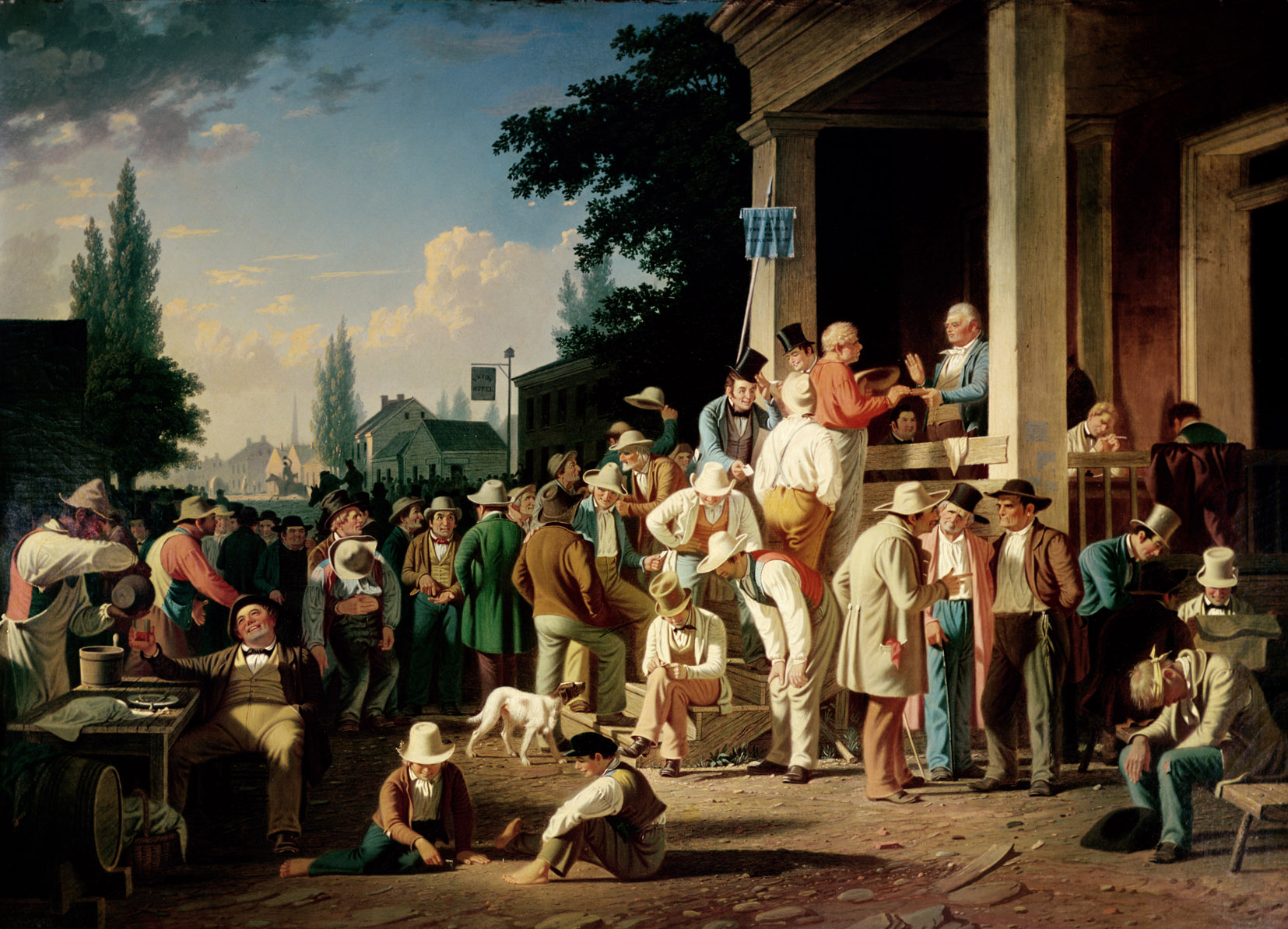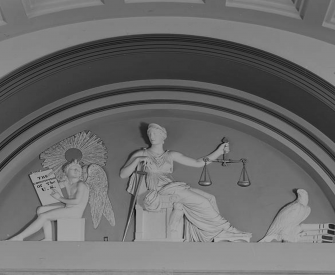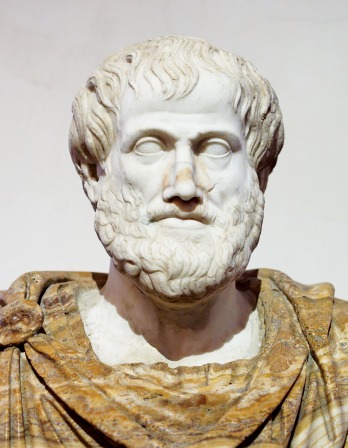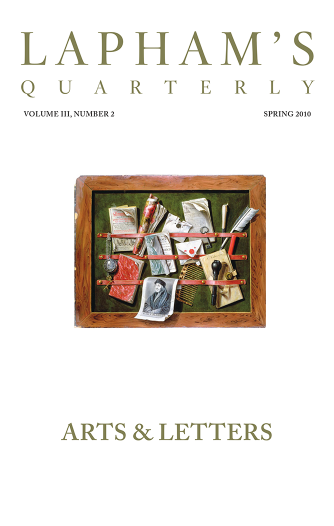A constitution is the arrangement of magistracies in a state, especially of the highest of all. The government is everywhere sovereign in the state, and the constitution is in fact the government. For example, in democracies the people are supreme, but in oligarchies, the few; therefore we say that these two forms of government are different, and so in other cases.
First, let us consider what is the purpose of a state and how many forms of government there are by which human society is regulated. When drawing a distinction between household management and the rule of a master, man is by nature a political animal. And therefore, men, even when they do not require one another’s help, desire to live together all the same and are in fact brought together by their common interests in proportion as they severally attain to any measure of well-being. This is certainly the chief end, both of individuals and of states. And also for the sake of mere life (in which there is possibly some noble element), mankind meets together and maintains the political community, so long as the evils of existence do not greatly overbalance the good. And we all see that men cling to life even in the midst of misfortune, seeming to find in it a natural sweetness and happiness.
There is no difficulty in distinguishing the various kinds of authority; they have been often defined already in popular works. The rule of a master, although the slave by nature and the master by nature have in reality the same interests, is nevertheless exercised primarily with a view to the interest of the master, but accidentally considers the slave, since, if the slave perishes, the rule of the master perishes with him. However, the government of a wife and children and of a household, which we have called household management, is exercised in the first instance for the good of the governed or for the common good of both parties, but essentially for the good of the governed, as we see to be the case in medicine, gymnastics, and the arts in general, which are only accidentally concerned with the good of the artists themselves. (For there is no reason why the trainer may not sometimes practice gymnastics, and the pilot is always one of the crew.) The trainer or the pilot considers the good of those committed to his care. But when he is one of the persons taken care of, he accidentally participates in the advantage, for the pilot is also a sailor, and the trainer becomes one of those in training. And so in politics: when the state is framed upon the principle of equality and likeness, the citizens think that they ought to hold office by turns. In the order of nature everyone would take his turn of service; and then again, somebody else would look after his interest, just as he, while in office, had looked after theirs. (That was originally the way.) But nowadays, for the sake of the advantage that is to be gained from the public revenues and from office, men want to be always in office. One might imagine that the rulers, being sickly, were only kept in health while they continued in office; in that case we may be sure that they would be hunting after places. The conclusion is evident: governments, which have a regard for the common interest, are constituted in accordance with strict principles of justice and are therefore true forms, but those that regard only the interest of the rulers are all defective and perverted forms, for they are despotic, whereas a state is a community of freemen.

The County Election, by George Caleb Bingham, 1851–1852. Saint Louis Art Museum, Missouri.
Having determined these points, we have next to consider how many forms of government there are, and what they are—and in the first place, what are the true forms, for when they are determined, the perversions of them will at once be apparent. The words constitution and government have the same meaning, and the government, which is the supreme authority in states, must be in the hands of one, or of a few, or of many. The true forms of government, therefore, are those in which the one, or the few, or the many, govern with a view to the common interest, but governments that rule with a view to the private interest, whether of the one, or of the few, or of the many, are perversions. For citizens, if they are truly citizens, ought to participate in the advantages of a state. Of forms of government in which one rules, we call that which regards the common interests kingship or royalty, that in which more than one but not many rule, aristocracy [the rule of the best]—and it is so called, either because the rulers are the best men or because they have at heart the best interests of the state and of the citizens. But when the citizens at large administer the state for the common interest, the government is called by the generic name, a constitution. And there is a reason for this use of language. One man or a few may excel in virtue, but of virtue there are many kinds, and as the number increases it becomes more difficult for them to attain perfection in every kind, though they may in military virtue, for this is found in the masses. Hence in a constitutional government the fighting men have the supreme power, and those who possess arms are the citizens.
Of the above-mentioned forms, the perversions are as follows: of royalty, tyranny; of aristocracy, oligarchy; of constitutional government, democracy. For tyranny is a kind of monarchy which has in view the interest of the monarch only; oligarchy has in view the interest of the wealthy; democracy, of the needy: none of them the common good of all.
From the Politics. The son of the court physician to the Macedonian king Amyntas III, Aristotle in 367 bc moved to Athens and joined Plato’s Academy, where he remained for twenty years. Upon Plato’s death, Aristotle went to Assus and Mytilene, conducting extensive scientific research that included classifying around five hundred species. Aristotle returned to Macedonia in about 342 bc to tutor the thirteen-year-old grandson of his father’s employer; his pupil would later become Alexander the Great.
Back to Issue





